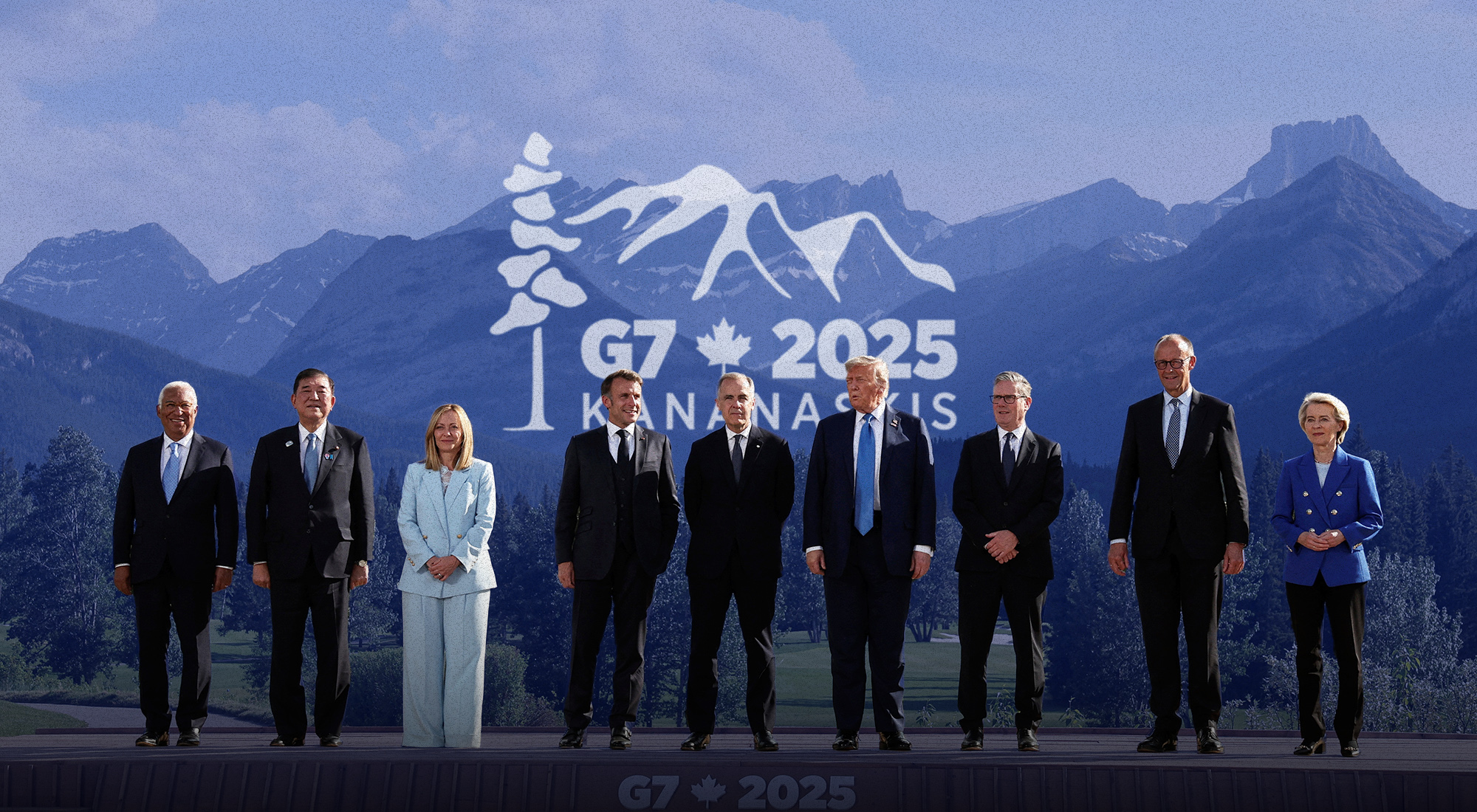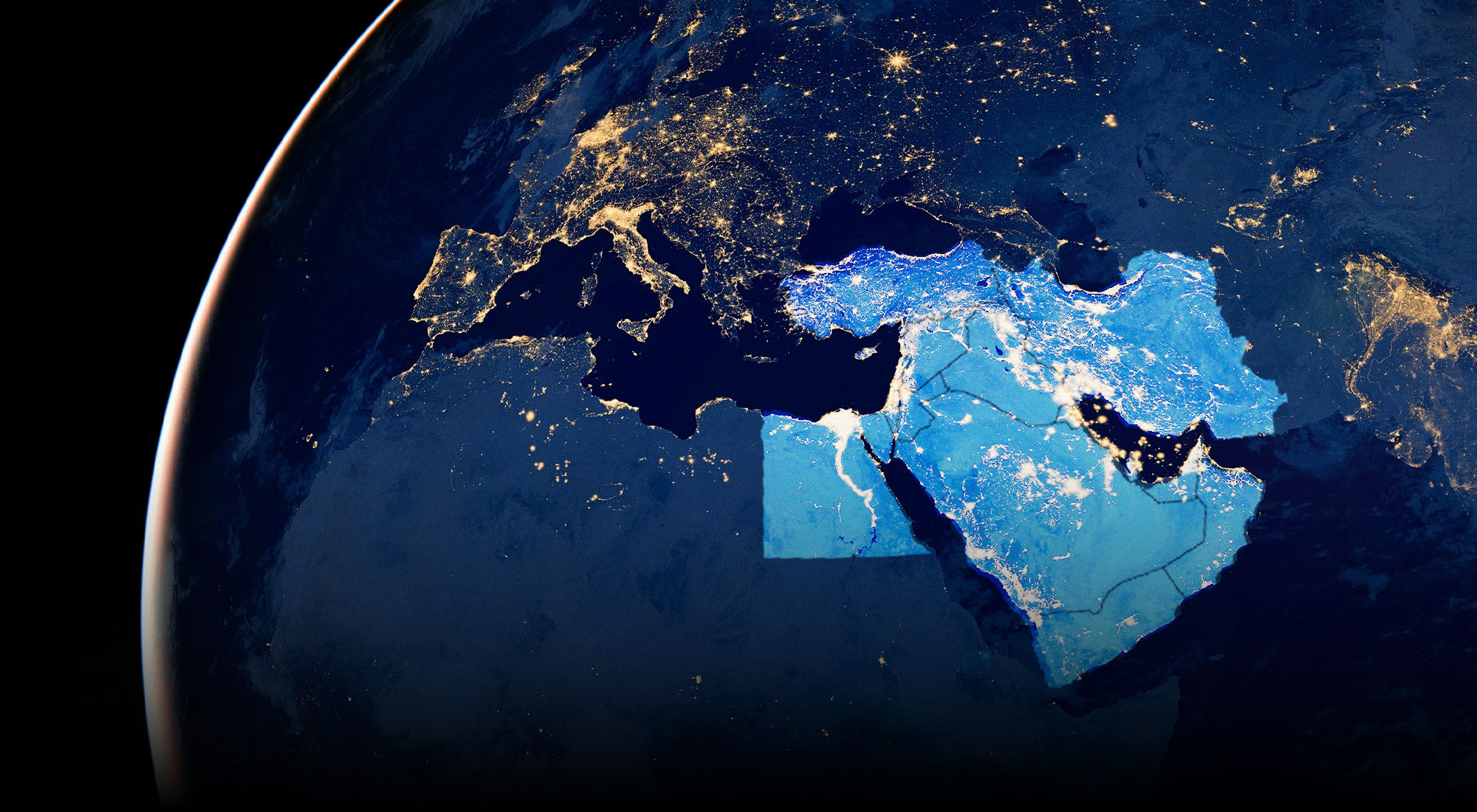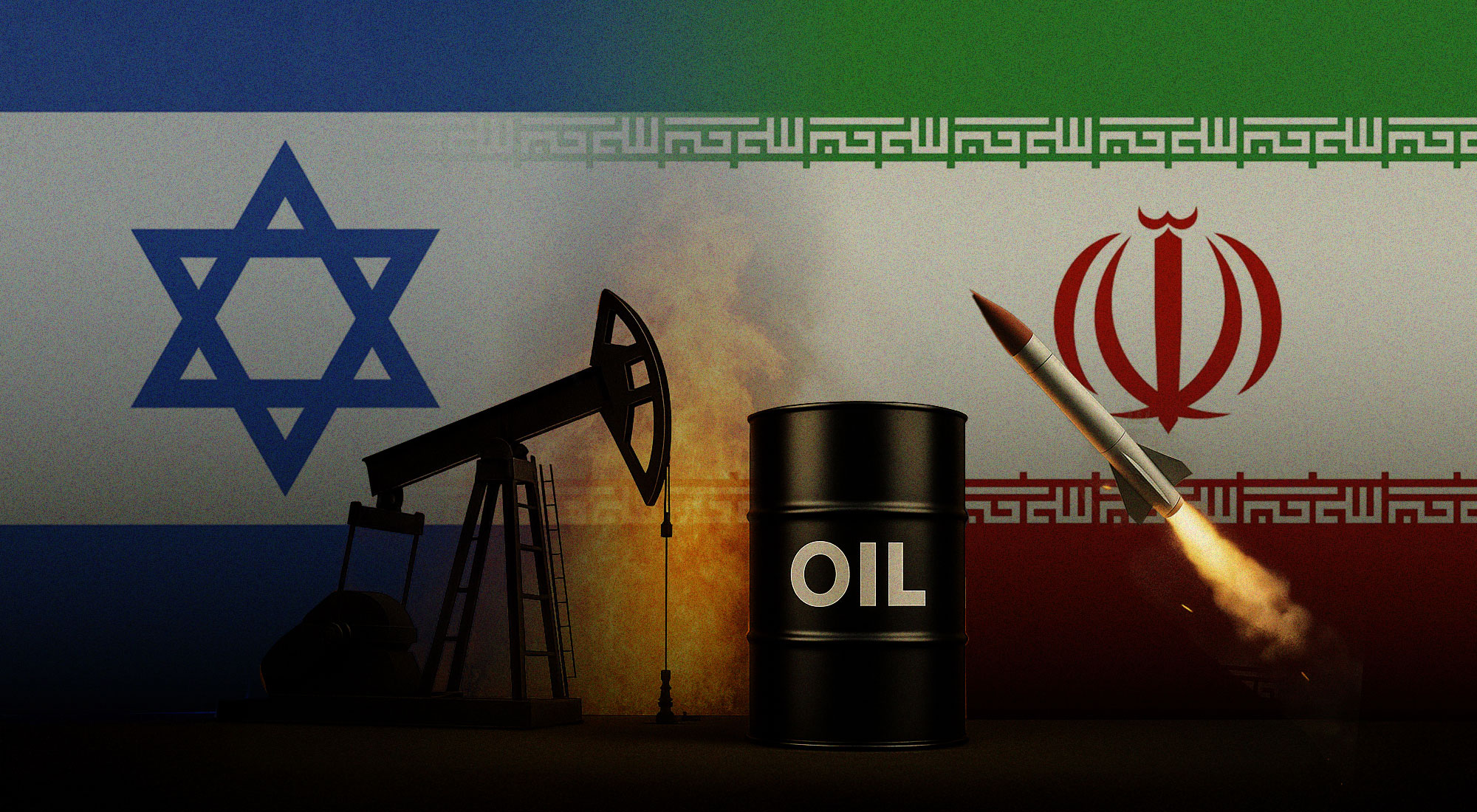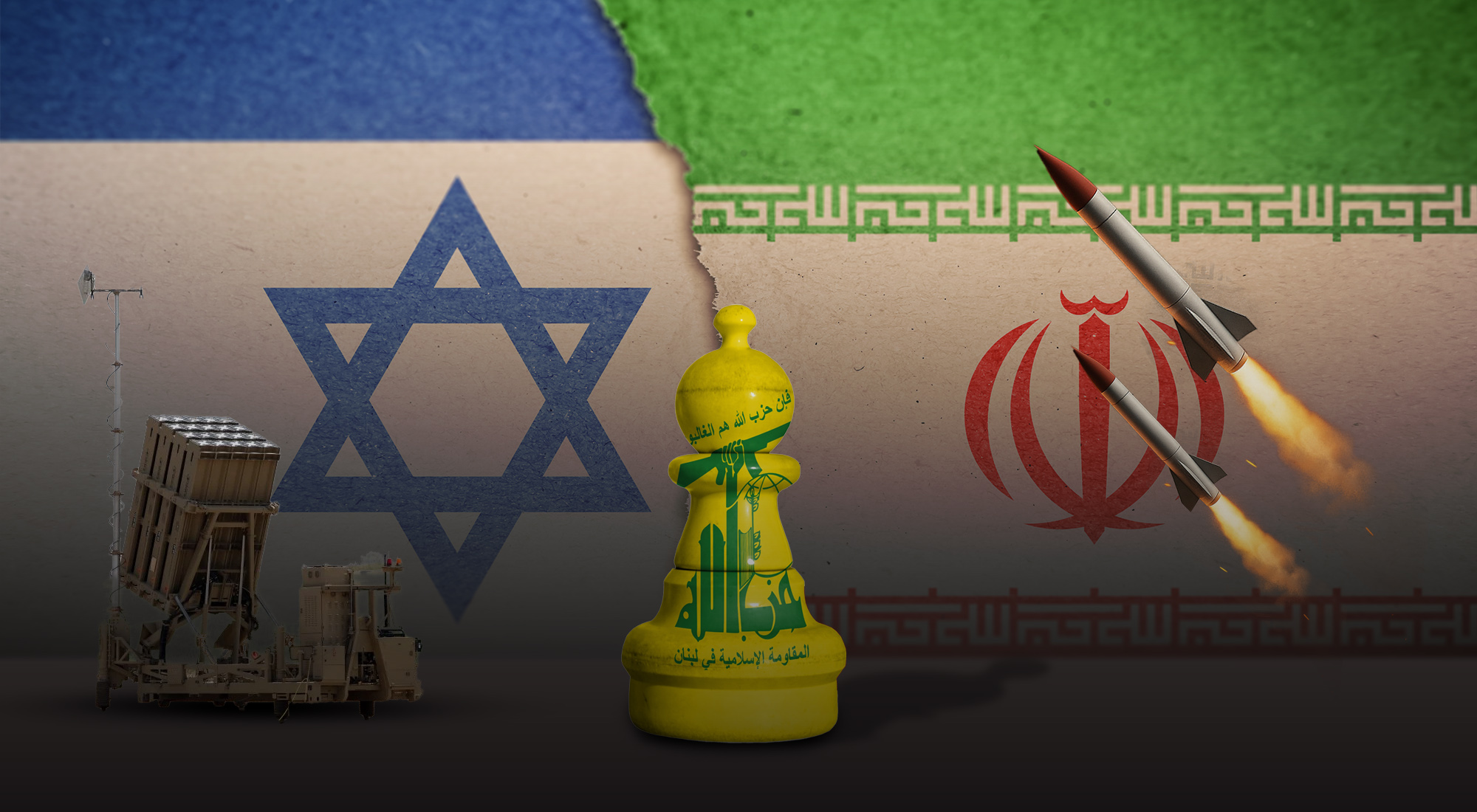In a ceremony that hasn’t been witnessed for a very long time, 15 years to be precise, a new Israeli government not led by Benjamin Netanyahu has been sworn in. Netanyahu has no role in it at all. He has vacated the prime minister’s chair in the Knesset for his successor, one-time ally turned nemesis, Naftali Bennett. A new reality has dawned, and the Netanyahu era is over – very probably.
Only time will tell whether the man’s magic spell over Israel and its people has indeed been broken. Much depends on the success or otherwise of the new government, a possible leadership challenge to Netanyahu from within his Likud party, and the eventual outcome of his corruption trial. The new government will also inherit the complex dynamics and challenges of Israel’s regional relations, not least the problematic Palestine issue and the threat posed by a new hardline president in Iran.
For now, the new and somewhat unusual coalition government is settling in and learning the ropes of governing the country, and no less importantly, how to hang on to power. Even for Israel and its idiosyncratic tradition of forming coalition governments, the current arrangement is doubtful. This government does not represent a radical departure from its predecessor about domestic and international issues in many respects. Instead, it signals a significant degree of continuity, albeit with some minor differences.
This government is not as vitriolic or corrupt as the previous administrations. However, the composition of the coalition of eight parties representing almost the entire spectrum of ideologies in Israel dictates that these parties will mainly offset one another on the most critical issues. Hence, this government is bound to avoid the challenging problems that could bring it down, and it will learn as it goes along the boundaries of what it can and cannot achieve. Thanks to the mysterious and convoluted ways Israel’s electorate produces results, this is a government with the widest range of ideologies in the country’s history, supported by the slimmest of majorities.
This diverse coalition was nobody’s first choice but has been imposed by the election results and the decision of its members to not sit in any government led by a defendant in a very serious corruption trial. Of the eight parties in this coalition, only Yair Lapid’s centrist Yesh Atid party won a double-digit number of seats (17), while Bennett’s right-wing Yemina party has only seven seats. Bennett was still able to negotiate for a rotating arrangement successfully by which he will head the coalition for its first two years before being replaced as prime minister by Lapid. Given Israel’s volatile political landscape, such an outcome is not at all certain.
It is impossible to predict whether this government will survive a month, year or, full term. In a country as complex as Israel, where there is always a crisis of some sort just around the corner, be it over a domestic or international issue, the coalition’s composition suggests that at some point, sooner rather than later, this government will hit an unmanageable crisis. Such a crisis will either lead to a new alliance or another election. Yet, paradoxically, the strength of this government is in its fragility, especially the respective weaknesses of its components.
None of the parties can develop a better alternative to the current government, either by way of a coalition or facing the electorate again for the fifth time in two years. The opposition to Netanyahu, currently on trial in three cases of fraud, bribery, and breach of trust, and a divisive figure who has lost his moral compass and judgment while putting his personal interests above those of his country, was just strong enough to form a coalition without him. The question is whether that combined anti-Netanyahu ticket will be enough to keep it together – and for how long?
As long as Netanyahu is still around and doing his best to undermine the government by challenging its legitimacy and belittling it, the coalition will have a major incentive to close ranks and prevent its ideological differences from bringing about its collapse. If Netanyahu departs the political scene, pressure will mount on the more right-leaning parties in the coalition – Yemina and New Hope – to abandon their partnership with the left and ‘return home.’ Some of these parties’ supporters are not comfortable with what is one of the most laudable and historical achievements of this coalition, namely the inclusion in government, for the first time since the establishment of the Jewish state, of an Arab Palestinian party.
One of the first tasks of the Bennett-Lapid government is to liberate themselves from the long shadow of the Netanyahu years and settle into governing the country. Ministers with little to no experience of running a country hold some critical positions in the government. If radical changes in policies are next to impossible, then for the coming weeks and months it will be the more nuanced changes in emphasis on major issues such as relations with the Palestinians or Iran’s nuclear ambitions that will indicate the direction of Israel in the post-Netanyahu era.
One welcome change that is strongly felt already is that, whatever controversial topic is being dealt with, the rhetoric has become more restrained and thus more helpful in dealing with challenges and even crises in a more rational manner. And for Israel, the challenges are coming thick and fast. Only a fortnight prior to the new government’s swearing-in, for example, we witnessed severe clashes with Palestinians in East Jerusalem and in the mixed cities of Israel. This was followed by another round of hostilities with Hamas in Gaza, leading to disproportional counts of death and destruction on the Palestinian side.
Much of what the current government has achieved in its first few weeks in power has reassured the Israeli public of a better future in the new post-Netanyahu era. It is diplomatically mending fences where the previous government had strained relations with close friends like the US, Europe, and Jordan. Besides being a refreshing change, the ratcheting down of the vile rhetoric and divisiveness mainly aimed at keeping Netanyahu in power and derailing his corruption trial, at the end of the day, this new government will be judged primarily by what it does, over and above improving the “good manners” department.
Some signs have been encouraging, others much less so. Following last year’s signing of the Abraham Accords, the upward trajectory of the relations with the UAE and Bahrain looks set to continue. In July, the normalization of ties culminated in the first official visit of Israel’s foreign minister Yair Lapid to the UAE. It epitomized the rapid pace at which relations between the two countries are developing and the centrality of these relations for both countries’ foreign policy.
During his visit, Lapid also inaugurated Israel’s embassy in Abu Dhabi and its consulate in Dubai, which further embodies how quickly and with very few obstacles the ties between the two countries are evolving. There is an almost indisputable logic to the relations between GCC countries and Israel in presenting a united front to Iran’s nuclear program and its adventurism throughout the region. They need to fulfill the enormous economic, scientific, and cultural commonality of interests that has been evolving behind the scenes in nearly a quarter-century of quiet diplomacy to the benefit of both sides.
For instance, in the immediate aftermath of the Abraham Accords, Washington authorized the sale of 50 advanced F-35 fighter jets to the UAE, upgrading its military capability and status in the region and giving the UAE a strategic edge. The decision sent a clear message to Tehran that Israel and the UAE have become strategic allies with the backing of the United States, in addition to at least tacit support from most GCC countries.
However, military cooperation and containing extremism represent only one side of the evolving relations, while these are being complemented by flourishing economic activity, especially in agriculture and technology and mechanical and medical equipment and petroleum by-products, all estimated to be worth more than $350 million this year. Scientific cooperation is also on the rise between academic and research institutions. Despite the pandemic, more than 200,000 Israeli tourists have traveled to the UAE, taking advantage of the newly available direct flights between the two countries.
This rather impressive first year of normalized relations results from Israel’s pivotal, regional, geostrategic cooperation move. Hence, not surprisingly, the UAE was the first destination for the new Israeli foreign minister to pay an official visit to. On the path to repairing some damage caused by the previous government and signaling the direction of the new one, Prime Minister Bennett met with King Abdullah II of Jordan shortly before he was scheduled to meet with President Biden in Washington.
On the other hand, Foreign Minister Lapid headed to Brussels for meetings with his counterparts in the EU. After years of constant deterioration in Israel-Jordan relations, due to Netanyahu’s belligerent and imprudent policies on the needs and vulnerabilities of the Hashemite kingdom, even though it shares the longest Israeli border, there is a rethink in Jerusalem. Hence, the first summit in many years between the two countries’ respective leaders, although held in secret, signifies a turning point.
After all, for Israel, the longevity of Hashemite rule in Jordan is a significant component of its security, safeguarding its eastern border. It is also paramount that Israel refrains from provoking further discontent among the Palestinians in the West Bank and Gaza or altering the fragile status quo in East Jerusalem. Such a move would risk agitating the 3-million Palestinians in Jordan, many of them refugees registered with UNWRA. This could push Jordan to question the nature of relations with Israel, as was the case when the Netanyahu government was threatening to annex nearly a third of the West Bank.
Another looming and inevitable test of the new Israeli government concerns how it would react to a US decision to return to the Iran nuclear agreement of 2015, which the Trump regime withdrew from in 2018. For now, particularly following the election of the hardline Ebrahim Raisi as Iran’s president, negotiations might well hit a brick wall, though their success is in the interests of both Iran and the US. But there is a broad consensus in Israel that the JCPOA, certainly in its original version, won’t stop Iran from developing nuclear military capability. Hence the agreement is seen as little more than a placebo that can do no more than delay a nuclearized Iran that will be a severe threat to Israel, the region, and the entire world.
This issue almost defined Netanyahu’s premiership and his perception of himself as the defender and protector of Israel. By this, he could differentiate himself from his political rivals as the only one who could stop Iran; someone prepared to confront even the closest of Israel’s allies on this issue. This sense of threat from Iran has not diminished with a change of administration in Israel.
However, it is likely to be dealt with through more conventional diplomatic channels, thereby minimizing friction with the US but still leaving its options open, mainly for covert operations, and possibly overt too, should Iran cross the nuclear threshold in terms of enrichment and delivery systems. This remains an area of utmost concern for Israel, together with Iran’s influence in Syria, Lebanon, and Gaza, which might lead to friction but also closer alliances with the GCC countries.
Last but not least, it is relations with the Palestinians, which by any account should be the main focus of any Israeli government, as much as for its benefit as for that of the Palestinians. If Israel wants to remain Jewish and democratic, it must end the occupation of Palestinian land and stop preventing the Palestinian people from being able to exercise their human, political, and civil rights in their own independent state.
Israel might protest vehemently, but as long as occupation and blockade continue in the West Bank and Gaza, and as long as the discriminatory treatment of the Arab-Palestinian minority citizens of Israel continues, the voices that define Israel as an apartheid state, call for an end to economic transactions with the settlements, and describe Israel’s recent actions in Gaza as war crimes, will continue to be raised. These voices are likely to become louder and generate more international support. The issue affects Israel’s relations with both friends and foes, and it is for the new government to address it before the last train of the two-state solution leaves the station bound for oblivion if it hasn’t done so already.
For a government that must survive from one Knesset vote to another without any certainty of winning, it is a near-impossible task to develop a coherent and long-term strategy on almost any issue, let alone a complex foreign policy. It is, therefore, inevitable that we will witness much continuity with changes of style and emphasis. Also, some dithering to ensure the coalition’s survival could open the door for the international community to impact Israel’s decisions, especially over the Palestinian issue.








